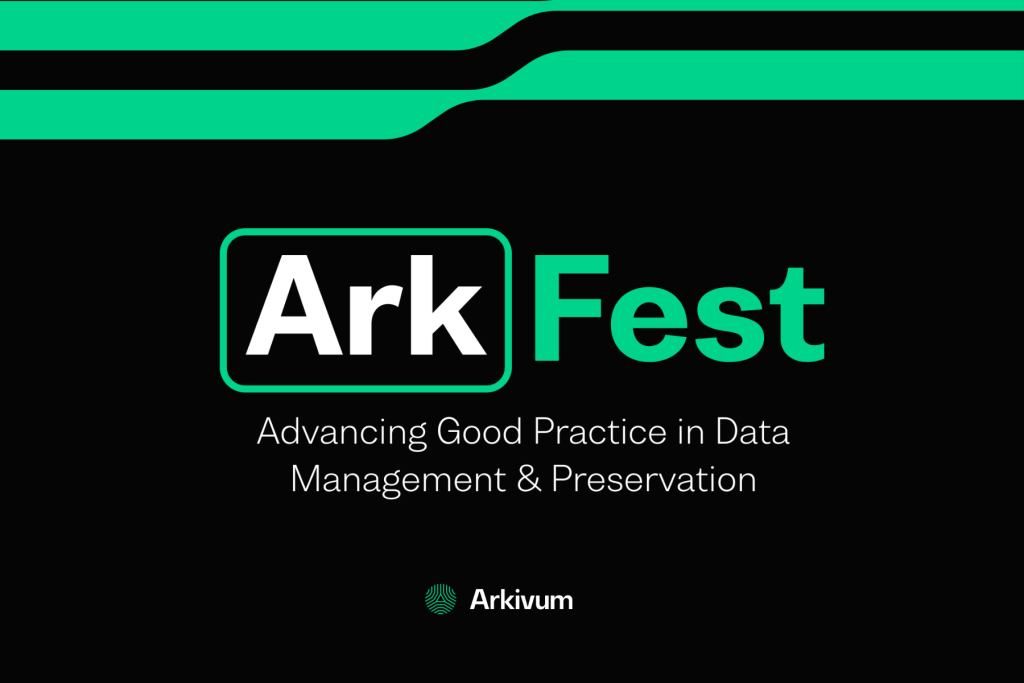Whitepaper: Archiving and Preserving Clinical Trial Data: Reflections on the Joint EUCROF/eCF Task Force whitepapers
The European CRO Federation (EUCROF) in partnership with the eClinical Forum (eCF) have recently authored a series of inter-related whitepapers that cover the challenging topic of how to archive and preserve Clinical Trial Data (CTD). These whitepapers build on a previously published report on Trial Master File Archiving and the Decommissioning of Computerised Systems Used in Clinical Trials (2021).
Before looking at the whitepapers, a note about CTD. CTD refers to all information (however recorded and wherever held) pertaining to a given clinical trial that is needed to “permit and contribute to the evaluation of the conduct of a trial and the reliability of the results produced”. This includes data, metadata, audit trails, documentation, and other forms of information – including the documents that make up the eTMF (electronic Trial Master File) from the perspectives of clinical investigators (and their delegated parties) and the trial sponsor (and the sponsor’s delegated parties).
ICH E6 (R3) reveals a shift in emphasis from ‘essential documents’ (terminology in R2) to ‘essential records’ in R3’s Appendix C. This includes “data and relevant metadata (including documentation of data corrections) in the data acquisition tools”, along with records such as protocols, validation of systems, and qualification of suppliers.
Similarly, the 2023 EMA Guideline on computerised systems and electronic data in clinical trials covers data, metadata and audit trails, including ‘source data’ such as “hospital records, clinical and office charts, laboratory notes. Other examples are emails, spreadsheets, audio and/or video files, images, and tables in databases”. CTD includes all of the above. The retention stage of the data lifecycle is no exception.
This blog post reviews the three new EUCROF/eCF whitepapers in the context of digital preservation good practice.
Outside the regulated life sciences community, organisations such as national libraries and archives now have 30+ years of experience of ensuring their digital data and records remain accessible and usable. Do the recommendations of the EUCROF/eCF whitepapers stack up? Will they likely work in practice given the experience of others who have wrestled with similar challenges for several decades? Can internationally developed digital preservation good practice provide additional support for those following the EUCROF/eCF recommendations?
A spoiler alert: the answer is a resounding ‘yes’.
The three more recent EUCROF/eCF whitepapers are:
- ‘The Decommissioning of Computerised Systems Used in Clinical Trials’ (2023)
- ‘Nature of a Distributed Trial Master File ‐ Practical Aspects’ (2023)
- ‘Data Formats Used in Clinical Trials’ (2023)
Download the full article here.

Matthew Addis
Matthew is CTO and Founder of Arkivum, responsible for technical strategy. Matthew previously worked at the University of Southampton IT Innovation Centre. Over the last fifteen years, Matthew has worked with a wide range of organisations in the UK, Europe and US on solving the challenges of long-term data retention and access.
Get in touch
Interested in finding out more? Click the link below to arrange a time with one of our experienced team members.
Book a demo
